
Vietnam acted swiftly and drastically when the first news of the emergence of the COVID-19 virus broke, enacting strict and early prevention measures that other countries wouldn’t adopt until months ...
Vietnam acted swiftly and drastically when the first news of the emergence of the COVID-19 virus broke, enacting strict and early prevention measures that other countries wouldn’t adopt until months later, including travel restrictions, closely monitoring and eventually closing the border to China, increasing health checks at borders and other vulnerable places, early school closures and a widespread contact tracing operation.
Despite these measures, Vietnam has suffered from the severe consequences of the spread of COVID-19, both socially and economically. In 2020, Vietnam’s economic growth slowed to its weakest rate in at least 30 years. Based on the General Statistics Office of Vietnam, there were 31.1 million people whose jobs were severely affected by the pandemic, including through downsizing, income decline, working-time reduction, etc. More than 101,000 companies suspended their business during 2020, reaching a record level in the last 10 years.
“It is necessary to learn from current recovery efforts to see how to build back better and greener. A post-pandemic green recovery which focuses on accelerating renewable energy deployment is key to reviving what we’ve lost and ensuring a sustainable future for all.”
Nguyen Thanh Trung, WWF Vietnam
Despite an array of enabling policies and increases in the share of RE (mainly solar PV), the COVID-19 crisis could also pose challenges to Vietnam’s energy transition. First, the ambition of transitioning from fossil fuels to renewable energy is likely to be adversely affected by the economic and market crisis caused by the COVID-19 pandemic. Second, the economic impacts of the coronavirus might undermine efforts to support renewable energy, at least in the short term, as the Vietnamese government may have many other political priorities to consider in bringing the pandemic under control. The government may be less likely to provide direct financial support to the renewable energy sector, subsequently disrupting renewable energy supply chains.
Therefore, Vietnam’s recovery efforts must aim to enable the large-scale deployment of renewables. Combining recovery efforts with necessary infrastructure investments can unleash the full transformative power of renewables, keeping long-term sustainability goals firmly in view. In this, Vietnam can learn from the COVID-19 crisis and how it has been handled to address its environmental and climate challenges: acting early and boldly is key to success alongside innovative ways of changing individual and collective behaviours.
“We face the dual crises of climate change and health, we need solutions for both and RE is the perfect choice.”
Nguy Thi Khanh, Green ID
With the recently stipulated Resolution of the XIII National Congress of the Communist Party from February 2021, Vietnam has taken an important step into this direction. The country has firmly committed to effectively adapting to climate change, preventing, combating and mitigating natural disasters and epidemics, and managing, exploiting and using resources rationally, economically, effectively and sustainably.
Further, in March 2021, the authorities approved regulations to stop price increases until the end of Q2 for renewable energy. A month later, The Ministry of Industry and Trade (MoIT) decided to cut power bills for businesses and households by 10 percent over the next three months, decreasing the financial burden on people struggling with the impacts of the pandemic.

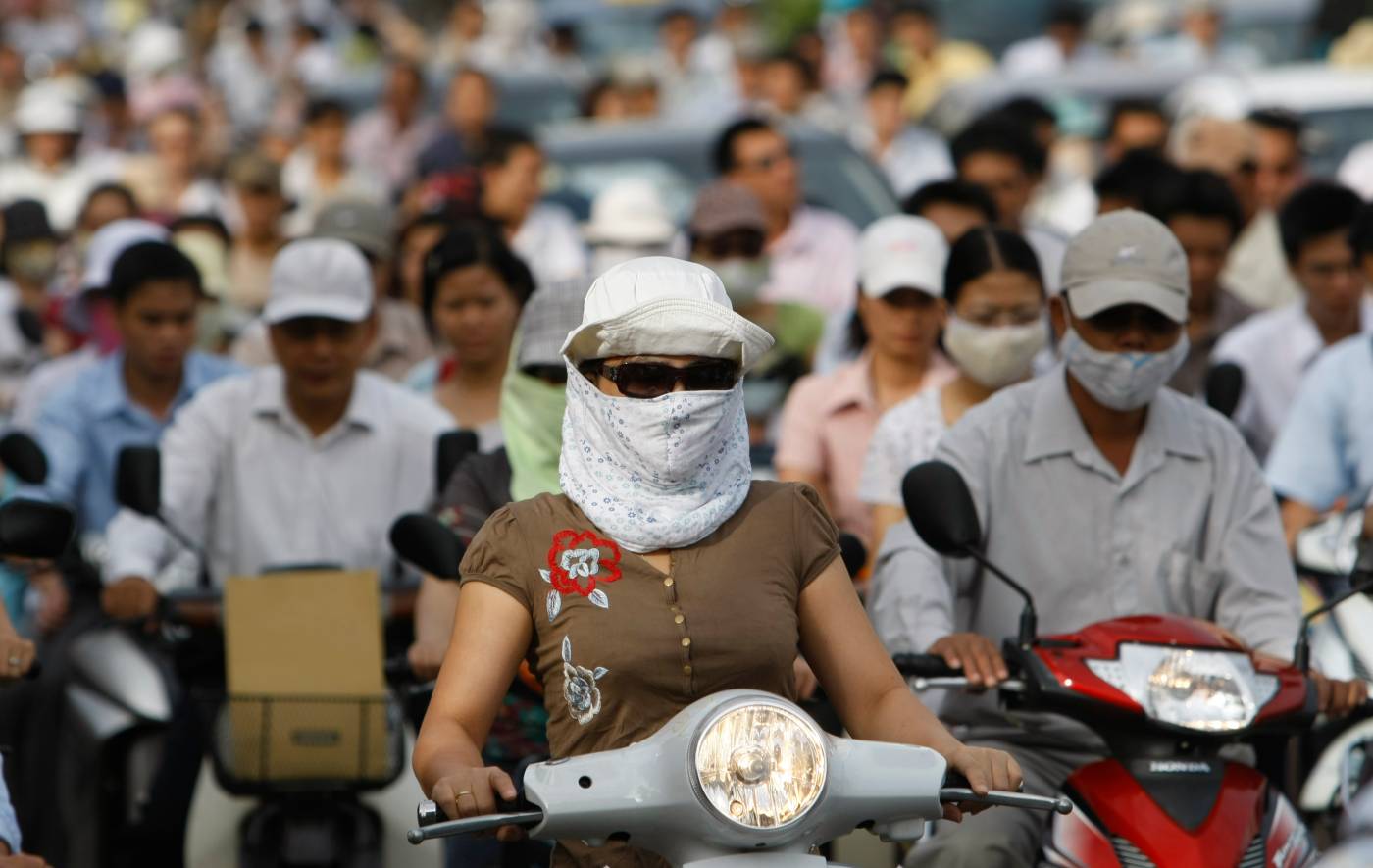
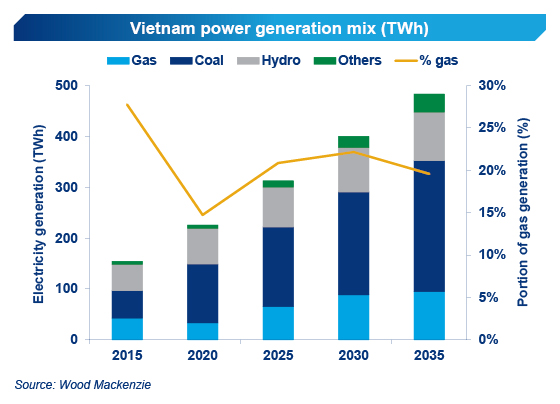
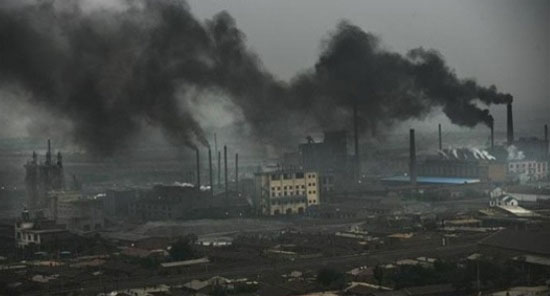
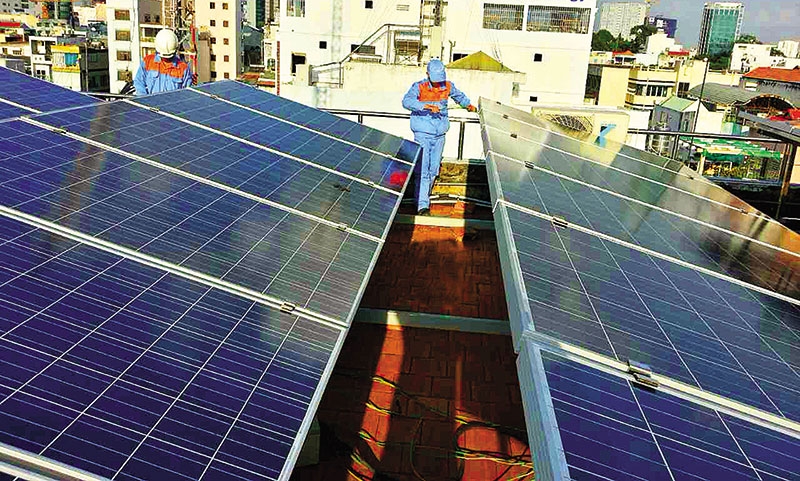
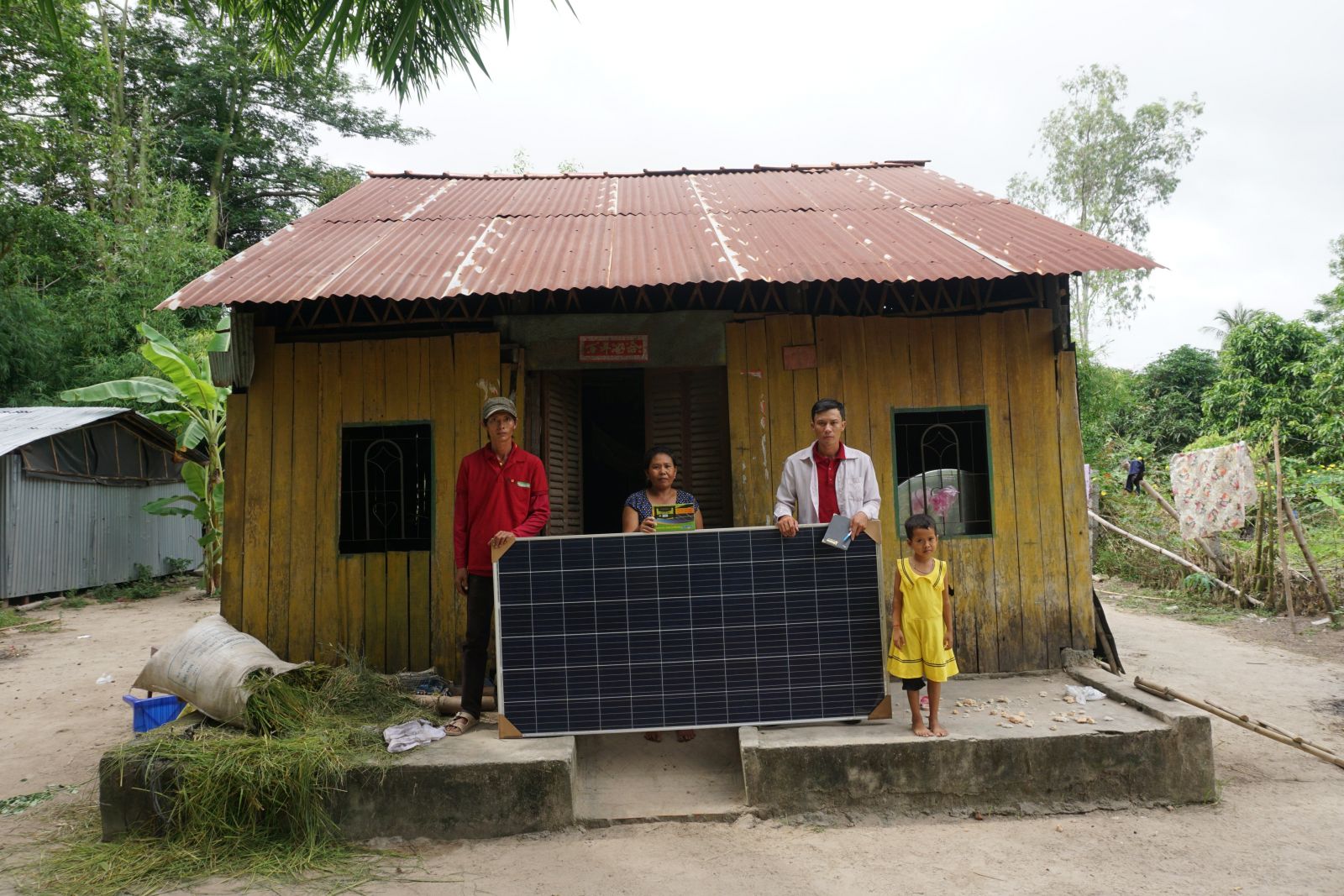

.png)
